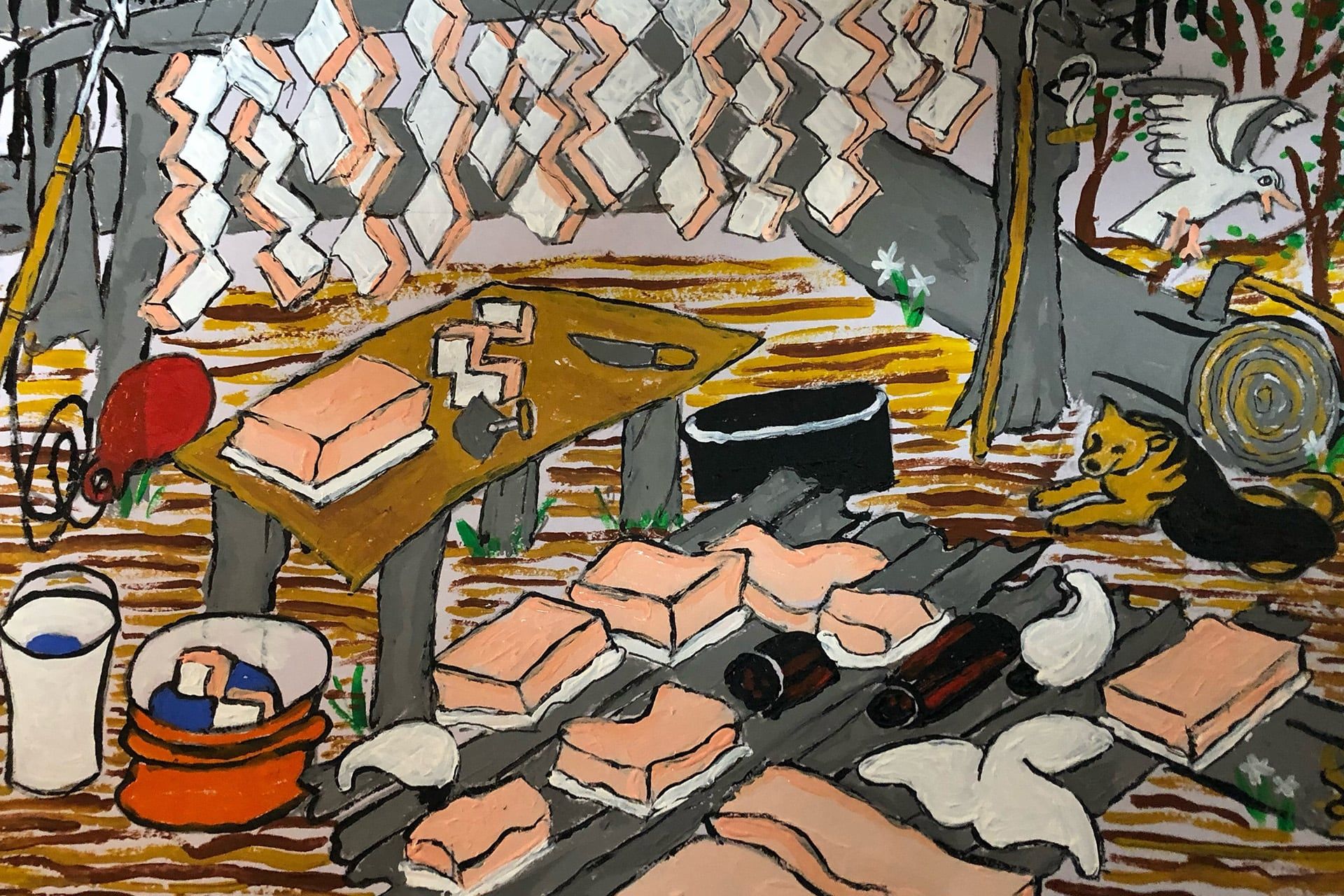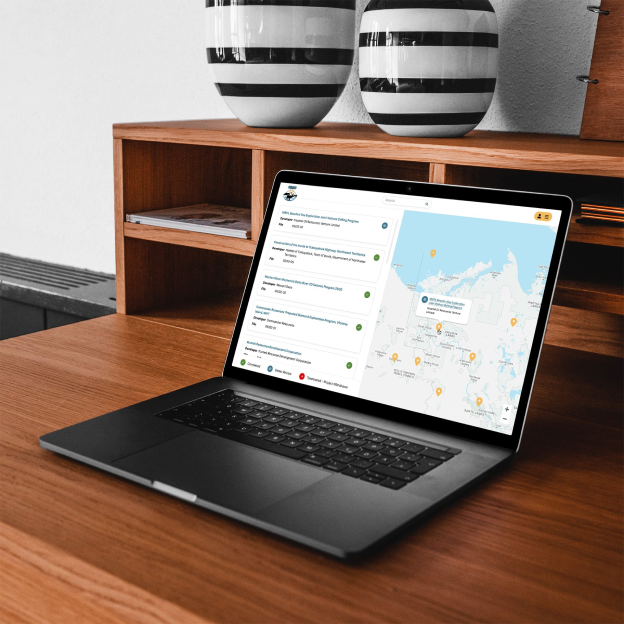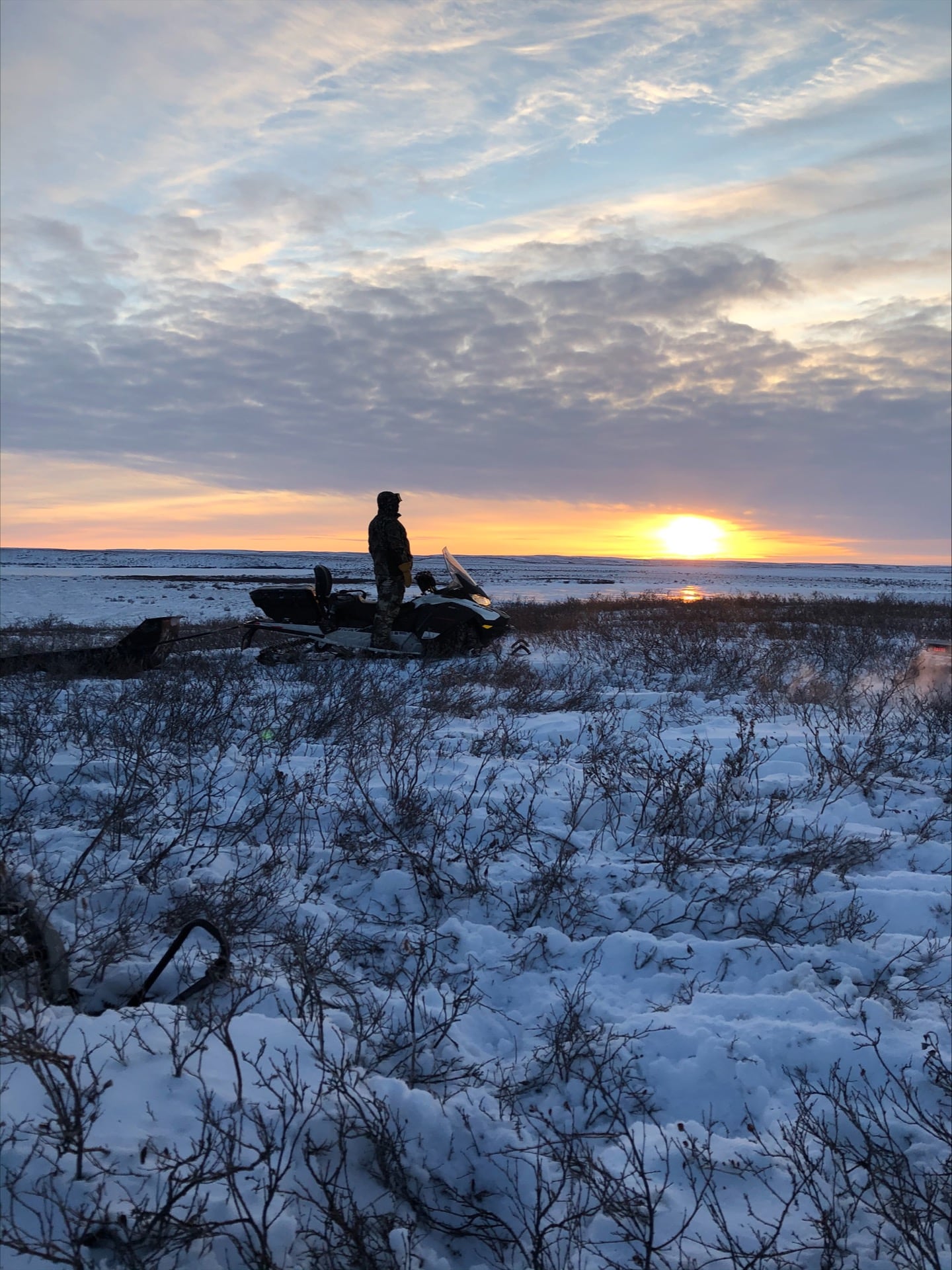
Registry
The Environmental Impact Review Board Registry (The Registry) is a public record of all evidence pertaining to the environmental impact reviews conducted by the EIRB.
Overview
The Registry contains information provided by external sources such as the Developer, Registered Parties, or individuals. The EIRB is not responsible for the accuracy, reliability or currency of the information supplied by external sources. To gain a better understanding of any information on the Registry, directly contact the submitting party or individual.
The EIRB maintains its Registry in an electronic format and a hard-copy format. The public is welcome to consult the hard copy registry at the EIRB office. Adobe Acrobat Reader is required to view the files posted on the electronic Public Registry.
Registered Party Application
Individuals or organizations wanting to obtain a registered party status should follow the instructions provided in the Environmental Impact Review Board (EIRB) Rules of Procedure or use the Registered Party Application form below.
Registered parties to an EIRB proceeding:
- are notified when a document is added to the public registry via the Public Registry Email Notification system. Registered parties should expect to receive an increased number of notices from time to time;
- have the opportunity to present evidence, question others on their evidence, cross-examine other parties, and give final argument; and
- may be questioned on evidence they present.
Registry App
The Environmental Impact Review Board (EIRB) Registry is an open and accessible public record of all documents related to environmental impact reviews. It includes key information from developers, registered parties, and individuals involved in the review process. By visiting the public registry, you can stay informed about ongoing reviews and decisions made by the Review Board. Visit the public registry today and become a part of the process that influences environmental impact decisions!

Hunters & Trappers Committees (HTCs)
The six Hunters and Trappers Committees (HTCs) represent the interests of Inuvialuit harvesters and play a critical role in environmental stewardship across the Inuvialuit Settlement Region. As key community organizations, HTCs provide valuable traditional knowledge and insight to Environmental Impact Review Board (EIRB) processes, ensuring that development proposals are reviewed through the lens of local values, wildlife conservation, and sustainable land use.

Aklavik HTC
Established in 1982, the Aklavik Hunters & Trappers Committee supports sustainable harvesting, promotes traditional knowledge, and fosters partnerships with researchers to ensure environmental stewardship in the Canadian North.

Inuvik HTC
The Inuvik HTC represents local harvesters, manages wildlife resources, and advises co-management boards on conservation and food security initiatives in the Inuvik area.

Olokhaktokmiut HTC
Based in Ulukhaktok, the Olokhaktokmiut HTC integrates traditional and scientific knowledge to guide wildlife co-management and conservation efforts.

Tuktoyaktuk HTC
The Tuktoyaktuk HTC advocates for Inuvialuit harvesting rights and offers guidance on wildlife management and community-based conservation in the Tuktoyaktuk region.

Paulatuk HTC
The Paulatuk HTC advises on wildlife management and conservation, representing Inuvialuit interests in the Paulatuk area.

Sachs Harbour HTC
The Sachs Harbour HTC manages local harvesting rights and is developing a country foods processing facility to support sustainable food systems in the community.
Submission of Information Standards
-
Document Submission Standards
Individuals and organizations wanting to submit documents to the EIRB pertaining to an EIRB project review should follow the instruction outlined in the Document Submission Standards.
-
Information Request Submission Standards
Individuals and organizations wanting to submit an information request should follow the instructions provided in the EIRB Rules of Procedure or use this Information Request Template.